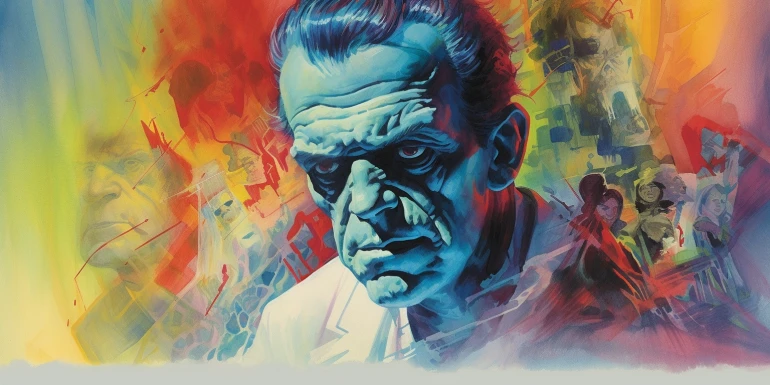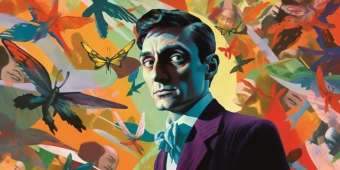by Mary Shelley


Frankenstein: Introduction

Frankenstein, written by Mary Shelley and first published in 1818, is a gothic novel that has had a lasting impact on literature and popular culture. The novel tells the story of Victor Frankenstein, a young scientist who becomes obsessed with creating life and ultimately brings a monstrous creature to life through a scientific experiment.
The historical context in which Frankenstein was written is important to understanding the themes and concerns that are explored in the novel. Mary Shelley was living in a time of great scientific and technological advancement, but there was also a growing fear and anxiety about the potential dangers and consequences of this progress. The Industrial Revolution had brought about significant changes in society, but it had also led to the displacement of workers and the exploitation of the poor. Additionally, the French Revolution had recently taken place, bringing about a period of political instability and upheaval. These factors all contribute to the sense of uncertainty and unease that pervades the novel.
The reception of Frankenstein upon its initial publication was mixed, with some critics praising the novel's vivid imagery and haunting prose, while others criticized it for its gruesome and horrifying subject matter. However, over time, the novel has come to be recognized as a masterpiece of gothic literature and an important early example of science fiction.
One of the reasons why Frankenstein has had such a lasting impact on society is because it raises important ethical questions about the limits of scientific progress and the responsibility that comes with creating new life. The novel's exploration of the dangers of playing God and the consequences of unchecked ambition have resonated with readers for generations.
Frankenstein has also had a significant impact on popular culture, inspiring countless adaptations and interpretations in film, television, and other media. The image of the monstrous creature has become an iconic symbol of horror, and the name "Frankenstein" has become synonymous with the idea of creating something that is beyond human control.
In modern society, the themes and concerns that are explored in Frankenstein are perhaps more relevant than ever. With rapid advancements in technology and artificial intelligence, questions about the limits of science and the ethics of creating new forms of life have become increasingly pressing. The novel's warning about the dangers of unchecked ambition and the importance of responsibility in scientific progress are particularly relevant today.
There have been numerous film adaptations of Frankenstein over the years, each offering its own interpretation of the story and characters. Some notable adaptations include James Whale's 1931 film Frankenstein, Kenneth Branagh's 1994 film Mary Shelley's Frankenstein, and the more recent 2015 film Victor Frankenstein. Watching these films can provide insight into the ways in which the novel has been interpreted and adapted over time.
Overall, Frankenstein is a novel that continues to captivate readers and inspire new interpretations and adaptations. Its exploration of the dangers of scientific progress and the consequences of unchecked ambition have made it a cautionary tale for generations, and its influence on popular culture is undeniable.

- Instructions Followed To The Letter
- Deadlines Met At Every Stage
- Unique And Plagiarism Free


 The Metamorphosis
The Metamorphosis
 The Things They Carried
The Things They Carried
 The Yellow Wallpaper
The Yellow Wallpaper